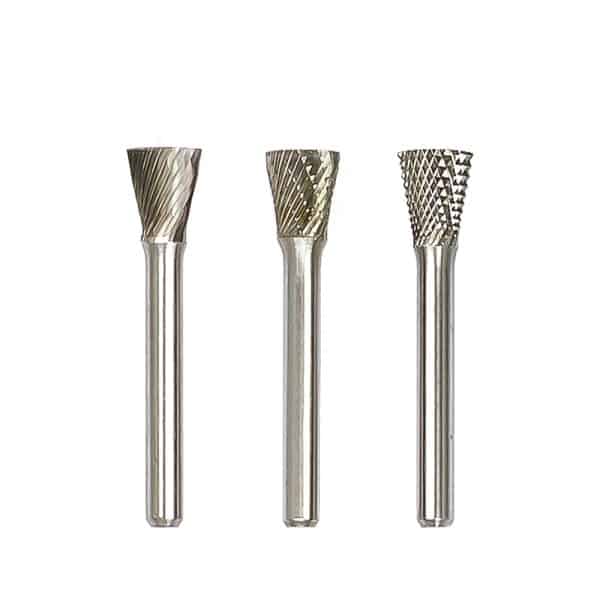Wholesale concave end mill
Concave end mills are specialized cutting tools designed to create precise concave shapes and contours. This guide explores everything you need to know about wholesale concave end mill options, including their applications, materials, coatings, and how to choose the right one for your specific needs. We also cover factors influencing pricing and where to source high-quality wholesale concave end mills for optimal performance and cost-effectiveness.
Understanding Concave End Mills
What is a Concave End Mill?
A concave end mill is a type of milling cutter specifically designed with a curved or radiused cutting edge. This allows it to create concave profiles, rounded edges, and complex three-dimensional shapes in various materials. Unlike standard end mills with straight cutting edges, concave end mills excel at producing smooth, consistent curves and are essential for many precision machining applications.
Common Applications
Concave end mills are used across a wide range of industries:
- Mold and Die Making: Creating intricate contours and cavities in molds for plastic injection molding, die-casting, and other manufacturing processes.
- Aerospace: Machining complex curves and fillets on aircraft components, ensuring smooth airflow and structural integrity.
- Automotive: Producing rounded edges and decorative features on automotive parts, such as interior trim and exterior panels.
- Medical Devices: Creating precise curves and contours on surgical instruments and implants, ensuring patient safety and device functionality.
- Tool and Cutter Grinding: Creating curved relief on cutting tools, particularly on form tools and specialized cutters.
Choosing the Right Concave End Mill
Material Selection
The material of the concave end mill significantly impacts its performance and lifespan. Common materials include:
- High-Speed Steel (HSS): Suitable for machining softer materials like aluminum, wood, and plastic. HSS end mills are typically more affordable but have lower heat resistance and wear resistance compared to carbide.
- Cobalt HSS (HSS-Co): Offers improved heat resistance and wear resistance compared to standard HSS, making it suitable for machining harder materials and operating at higher speeds.
- Solid Carbide: The most durable option, ideal for machining hard materials like steel, stainless steel, and titanium. Carbide end mills offer excellent heat resistance, wear resistance, and cutting performance, but are generally more expensive. Wayleading Tools provide a range of carbide concave end mills, ensuring optimal performance for demanding applications.
Coating Options
Coatings can enhance the performance and lifespan of concave end mills by reducing friction, improving heat resistance, and preventing chip adhesion. Common coatings include:
- Titanium Nitride (TiN): A general-purpose coating that increases surface hardness and wear resistance.
- Titanium Carbonitride (TiCN): Offers improved wear resistance and higher hardness compared to TiN, making it suitable for machining abrasive materials.
- Aluminum Titanium Nitride (AlTiN): Provides excellent heat resistance and is ideal for high-speed machining of hard materials.
- Diamond-Like Carbon (DLC): Offers extremely low friction and excellent wear resistance, making it suitable for machining non-ferrous materials like aluminum and copper.
Size and Geometry
Selecting the correct size and geometry of the concave end mill is crucial for achieving the desired results. Consider the following factors:
- Radius: The radius of the concave cutting edge determines the shape and size of the resulting concave profile. Choose a radius that matches the desired contour.
- Cutting Diameter: The cutting diameter should be appropriate for the size of the workpiece and the desired depth of cut.
- Shank Diameter: The shank diameter must match the collet size of your milling machine.
- Number of Flutes: More flutes provide a smoother finish but can reduce chip clearance. Choose the number of flutes based on the material being machined and the desired surface finish. Typically, 2 flute end mills are used for aluminum and 4 flute end mills are used for steel.
Factors Influencing Wholesale Pricing
The price of wholesale concave end mills can vary depending on several factors:
- Material: Carbide end mills are generally more expensive than HSS or cobalt HSS end mills.
- Coating: Coated end mills are typically more expensive than uncoated end mills.
- Size and Geometry: Larger and more complex end mills tend to be more expensive.
- Quantity: Purchasing in bulk (wholesale) typically results in lower per-unit prices.
- Manufacturer: Different manufacturers have different pricing strategies based on brand reputation, quality, and production costs.
Sourcing Wholesale Concave End Mills
When sourcing wholesale concave end mills, consider the following options:
- Direct from Manufacturers: Purchasing directly from manufacturers like Wayleading Tools can often provide the best prices and access to technical support.
- Industrial Suppliers: Industrial suppliers offer a wide range of cutting tools from various manufacturers, providing a convenient one-stop-shop for your tooling needs.
- Online Marketplaces: Online marketplaces like Alibaba and Amazon offer a vast selection of concave end mills from various suppliers, but it's essential to verify the quality and reputation of the supplier before making a purchase.
Best Practices for Using Concave End Mills
To maximize the performance and lifespan of your concave end mills, follow these best practices:
- Use Proper Cutting Parameters: Consult the manufacturer's recommendations for cutting speed, feed rate, and depth of cut.
- Ensure Adequate Cooling: Use coolant or lubricant to reduce heat and friction during machining.
- Secure Workholding: Ensure the workpiece is securely clamped to prevent vibration and chatter.
- Regular Inspection: Inspect the end mill for wear and damage before each use.
- Proper Storage: Store end mills in a clean, dry place to prevent corrosion and damage.
Example: Selecting a Concave End Mill for a Specific Application
Let's say you need to machine a concave profile in a steel mold for plastic injection molding. Here's how you might select the appropriate concave end mill:
- Material: Since you're machining steel, a solid carbide end mill is the best choice for its durability and heat resistance.
- Coating: An AlTiN coating will provide excellent heat resistance for high-speed machining.
- Radius: Measure the desired radius of the concave profile and select an end mill with a matching radius.
- Cutting Diameter: Choose a cutting diameter that is appropriate for the size of the mold cavity.
- Shank Diameter: Ensure the shank diameter matches the collet size of your milling machine.
By following these steps, you can select the optimal concave end mill for your specific application, ensuring accurate and efficient machining.
Conclusion
Concave end mills are essential tools for creating precise concave shapes and contours in a variety of materials. By understanding the different types of concave end mills, their applications, and the factors influencing pricing, you can make informed decisions and source high-quality tools for your machining needs. Whether you're a professional machinist or a hobbyist, investing in the right concave end mills can significantly improve the quality and efficiency of your work. Wayleading Tools, at www.wayleading.com, offers a comprehensive selection of cutting tools, including concave end mills, designed to meet the demands of modern manufacturing.
Data Source:
- Cutting tool material information: Seco Tools - Cutting Tool Materials
- Coating information: Mold Making Technology - Coatings for Cutting Tools
Related products
Related products
Best selling products
Best selling products-
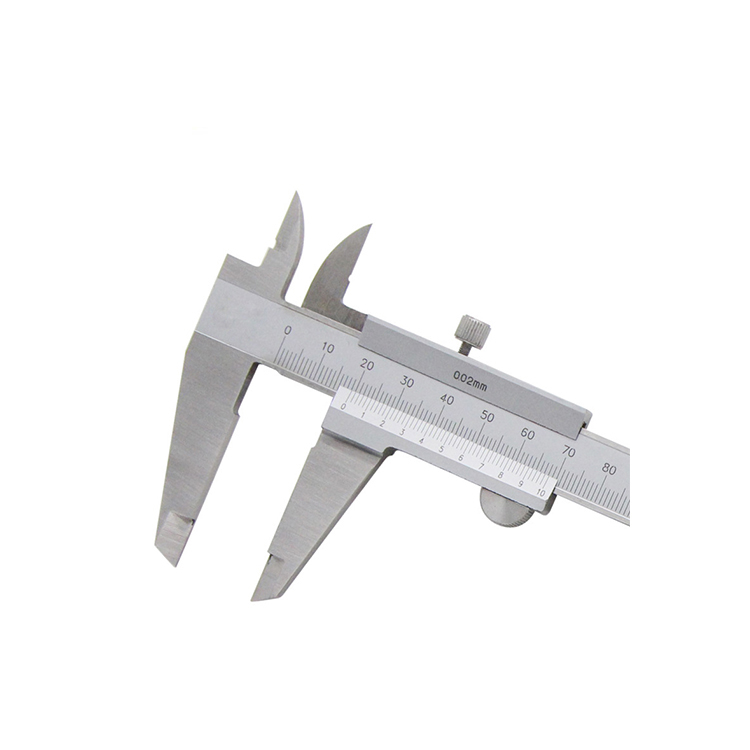 Precision Monoblock Vernier Caliper Of Metric & Imperial For Industrial
Precision Monoblock Vernier Caliper Of Metric & Imperial For Industrial -
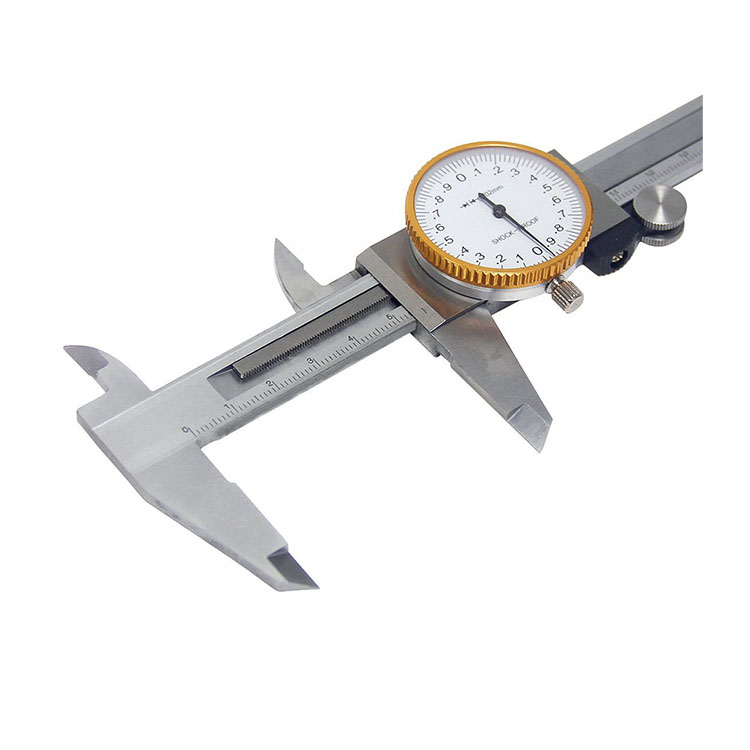 Precision Dial Caliper Of Metric & Imperial For Industrial
Precision Dial Caliper Of Metric & Imperial For Industrial -
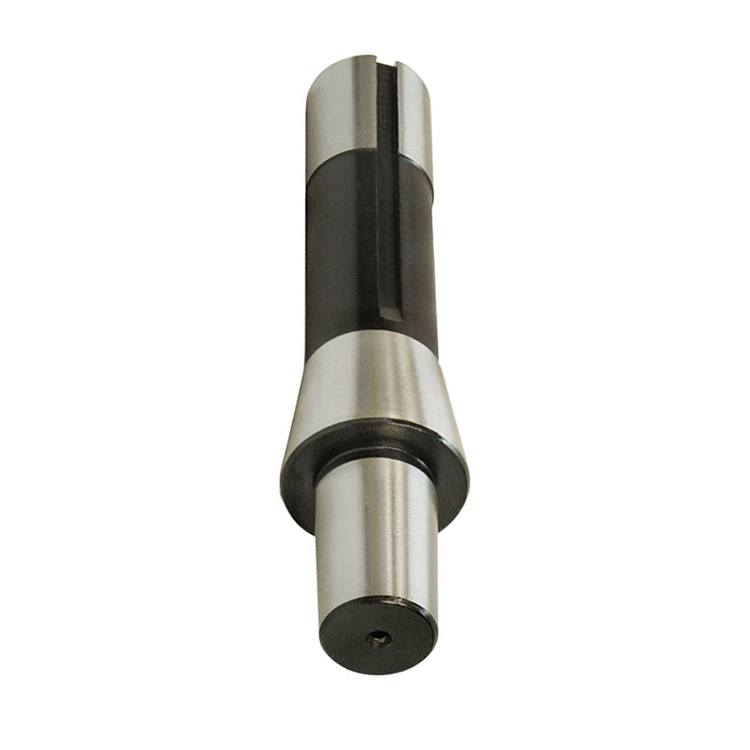 R8 Drill Chuck Arbor For Milling Machine
R8 Drill Chuck Arbor For Milling Machine -
 HSS Shell End Mill Cutter With Bright & TiN Or TiAlN Coated
HSS Shell End Mill Cutter With Bright & TiN Or TiAlN Coated -
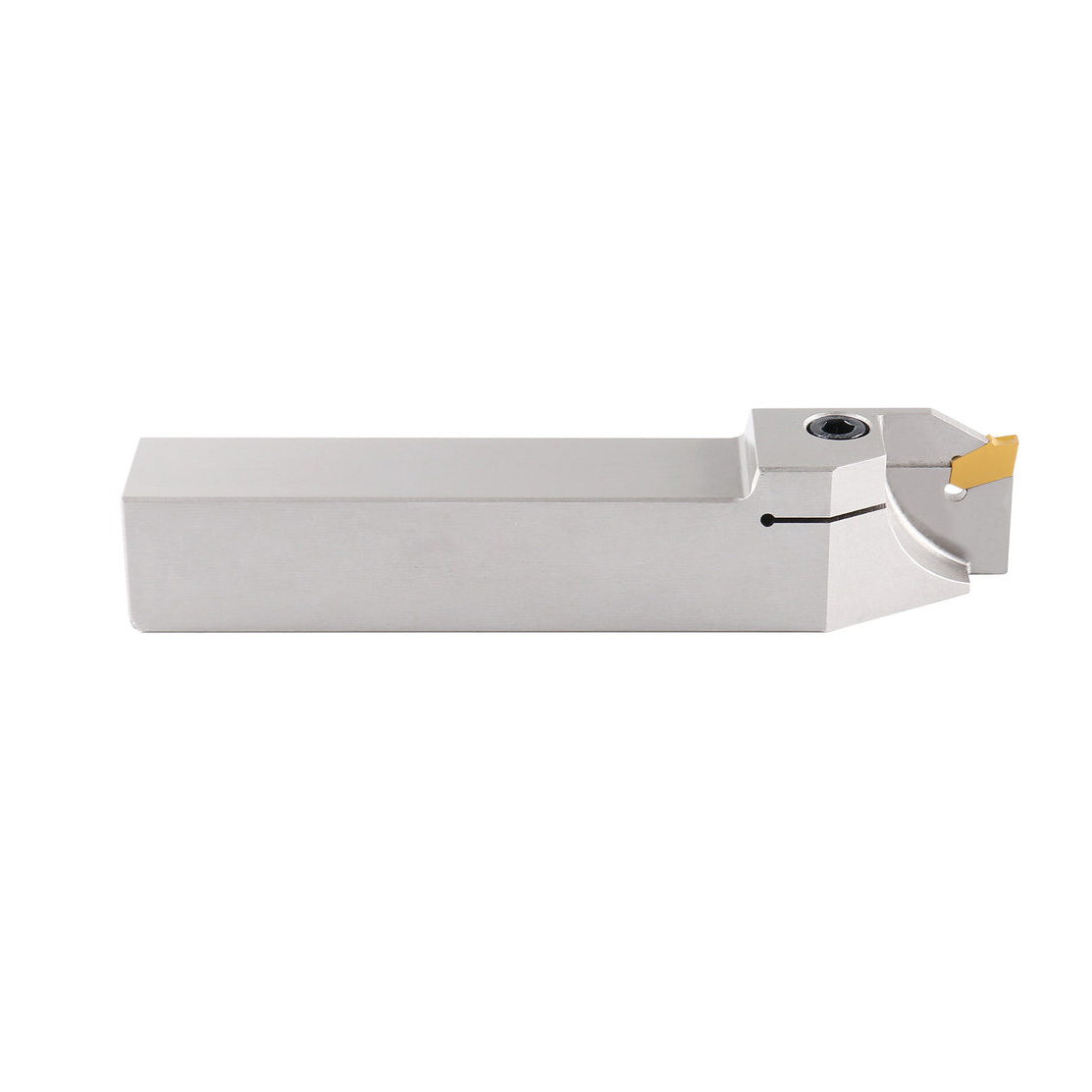 QA Grooving & Cut-Off Holder With Right And Left Hand
QA Grooving & Cut-Off Holder With Right And Left Hand -
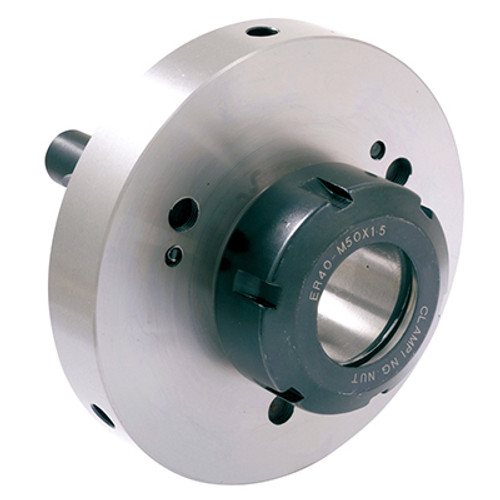 Camlock ER Collet Fixture With Lathe Collet Chuck
Camlock ER Collet Fixture With Lathe Collet Chuck -
 Partial profile 55° Threading Insert With ER & IR Type
Partial profile 55° Threading Insert With ER & IR Type -
 Precision Micrometr Holder For Micrometer
Precision Micrometr Holder For Micrometer -
 Boring Head Shank For Boring Head With Industrial Type
Boring Head Shank For Boring Head With Industrial Type -
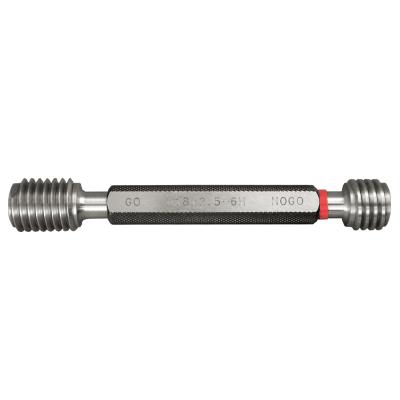 Metric Thread Plug Gauge 6H Accuracy With Go & NO Go
Metric Thread Plug Gauge 6H Accuracy With Go & NO Go -
 Precision Straight Shank To Morse Taper Adapter
Precision Straight Shank To Morse Taper Adapter -
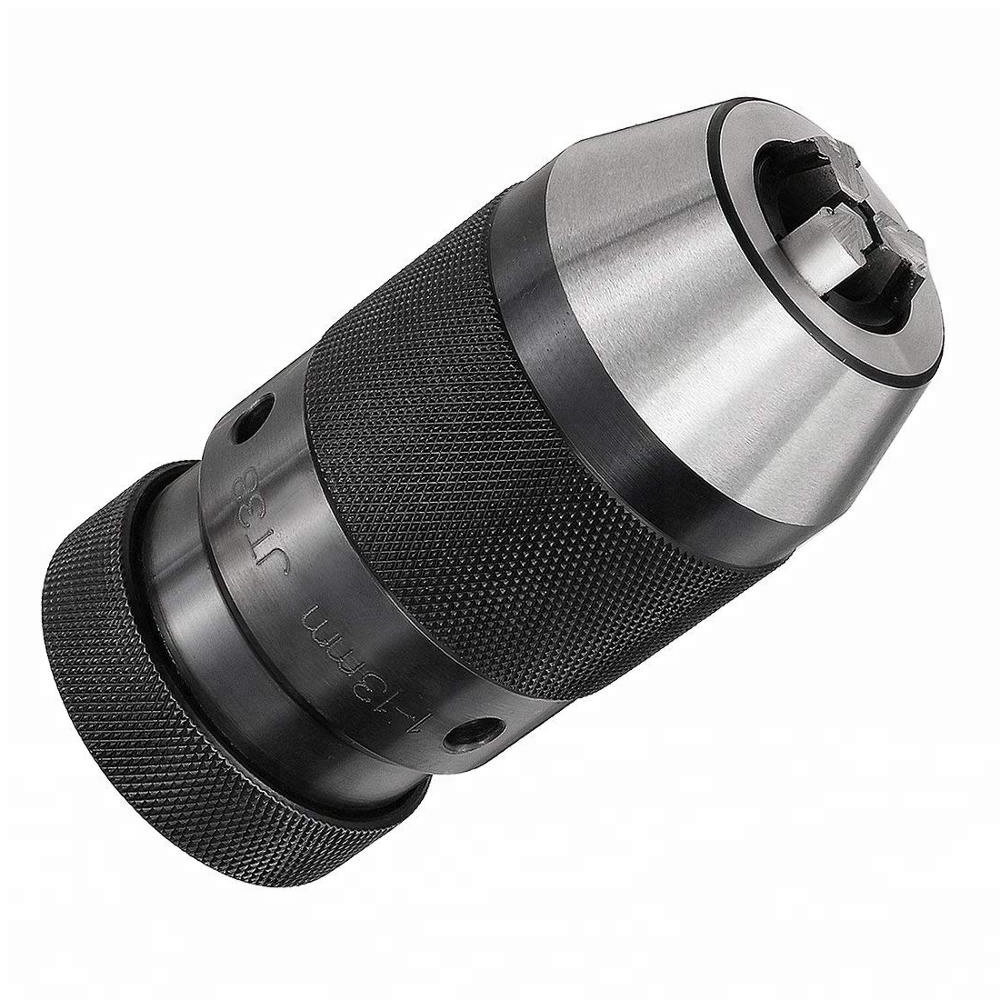 Keyless Drill Chuck With Heavy Duty Type
Keyless Drill Chuck With Heavy Duty Type
Related search
Related search- SSKC boring bar Manufacturers
- external parting and grooving toolholders Suppliers
- PCLN turning tool holder Manufacturers
- Wholesale revolving center
- boring bar holder Factory
- Wholesale ISO 50 tool holder
- High-Quality gre external grooving toolholders
- sk collets Manufacturer
- dnmg insert Manufacturer
- A60 threading insert Manufacturer



